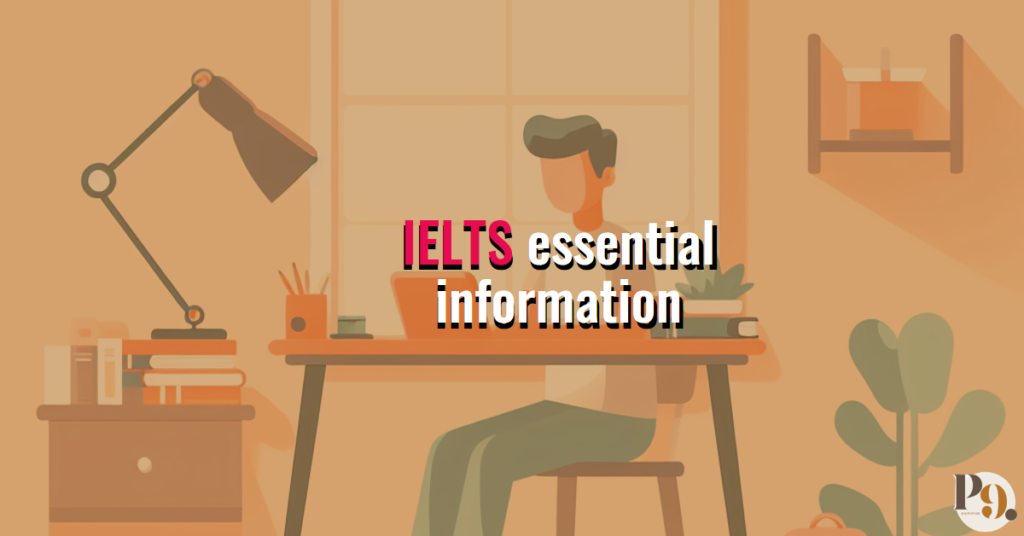
[Writing Task 1 – General Training] FORMAL OR INFORMAL?
Identifying the language is very important, if not one of the most important things when it comes to IELTS letters. If you use the wrong type of language, no matter how great your letter sounds and looks, you won’t get a better score than 6.0
So, how do we identify the language? There are 2 major kinds: Formal and Informal.

Formal
When you write a letter to your boss, your business partner, your customers, a client who complained about your company, applying for a job, applying for a course, send a condolence letter to your customer, etc., you need to be formal. So, these kinds of letters can be written in formal:
- Letter of complaint to your boss/CEO/or anyone whose position is higher than yours and who you don’t know very well.
- Letter of apology
- Letter of condolences
- Letter of appreciation
- Letter of application
- Letter of resignation
- Letter of request to the people mentioned above
Informal
When you write to people you know very well, such as your friends, family, your close colleagues, your close neighbors, etc., you can be informal. Here are the kinds of informal letters:
- Letter of request to people mentioned above
- Letter of apology to the people mentioned above
- Letter of condolences/appreciation to the people mentioned above
But there are people who do not belong to any of the aforementioned groups, such as a neighbor you don’t know very well. In that case, SEMI-FORMAL is what you are looking for.
The difference between Formal and Semi-formal
Here is the summary of the differences between formal and semi-formal letters in IELTS General Training Writing Task 1.

It is very important that you stick to ONLY ONE KIND OF LANGUAGE throughout the letter. Otherwise, you won’t get a very high score in Task Achievement, hence, impacting your overall writing score. This is one of the aspects that are discussed very well in Everything IELTS – The Comprehensive Guide to IELTS. Check it out.
Check out which Practice9’s services fit you and your needs the most here.
Feel free to contact us for better guidance on your IELTS journey.
Don’t waste your time on IELTS! You can get it this time.
Have fun learning!







Responses